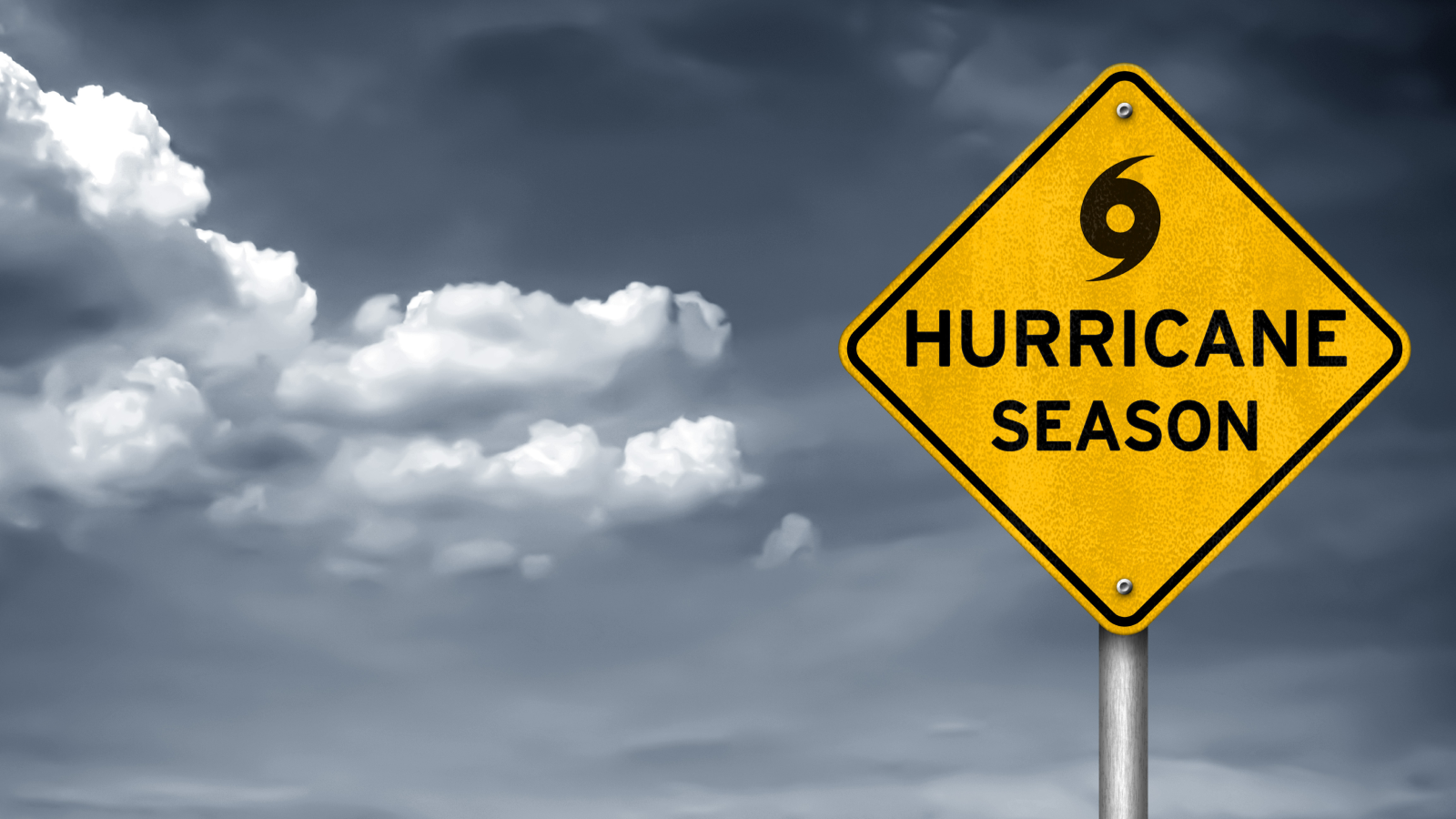How to Prepare for a Hurricane

A hurricane leaves devastating effects that can last long after the storm passes. That’s why it’s important to take precautions to protect your family and minimize property damage.
According to the National Hurricane Center, hurricane season runs from June through November. Here are 10 ways you can prepare for a hurricane before it strikes your area.
1. Plan your evacuation route ahead of time
If you live near the coast and know that a hurricane is coming, the first thing you need to do is plan where you will evacuate to. If you have pets, make sure the place you will evacuate to allows pets. If you decide to leave before the storm, leave early. Some evacuation routes can close for up to 20 hours before the storm touches down. The longer you wait, the heavier the traffic will be.
2. Put together a survival kit
Make sure it includes the following: radio with fresh batteries, flashlight with fresh batteries, extra batteries, first-aid kit, prescriptions/medications, fire extinguisher, drinking water, bathing water, non-perishable food, and a can opener. Keep your survival/safety kit in an easily accessible area.
3. Fill up the gas tanks of all your vehicles
You don’t want to get caught with an empty tank of gas. The gas in your vehicles can be used for energy, heating, or transportation in case of power outages. Fill up before and you’ll be so glad you did.
4. Check for loose rain gutters and down spouts
Secure and bring inside any objects like lawn furniture, potted plants, toys, trampolines, garden tools, and personal watercraft. These can turn into dangerous and deadly projectiles during the storm and can badly damage your property.
5. Trim back dead tree limbs
This can make the difference between a limb falling through your roof or not. You should maintain your yard whether a storm is coming or not, but it’s smart to do an extra check on old trees before high winds come to town.
6. Prepare for flooding
Show family members how and when to shut off water, gas, and electricity in your home at the main breaker box. Do not use candles or lanterns inside the house. If your home has two levels, you can move furniture or other important home items up to the highest level to minimize damage.
7. Educate yourself on hurricane categories
Learn and understand the different types of hurricane categories so you know what to expect when these terms are used in news and weather updates.
8. Keep copies of your household inventory
Document your belongings and take photos of each room and any important items. This will help the insurance claims adjuster assess the value of damaged property after the storm. Keep your household inventory documents, along with a copy of your homeowners’ insurance policy, in a safe place and make sure you have access to it if you’re forced to evacuate your home.
9. Have your insurance agent’s info handy
Write down the name, address, and telephone number of your insurance agent or carry the agent’s business card. If the damage requires you to leave your home, let your insurance agent know your temporary forwarding address and phone number.
10. Communicate the plan
Plan how your family will stay in touch during and after the storm. Remember that telephone landlines and cellular service may be down for several days, and many people will be trying to call into and out of the storm-affected area.
The American Red Cross offers a Hurricane safety guide that features additional tips on what to do before, during, and after a hurricane strikes your area.
Standard homeowners insurance policies may cover windstorm damage from a hurricane. If a hurricane damages your home, make temporary repairs to prevent further damage and keep up with your receipts so you can include it in your insurance claim. To learn more about your policy’s coverage, contact your local Alfa® agent.